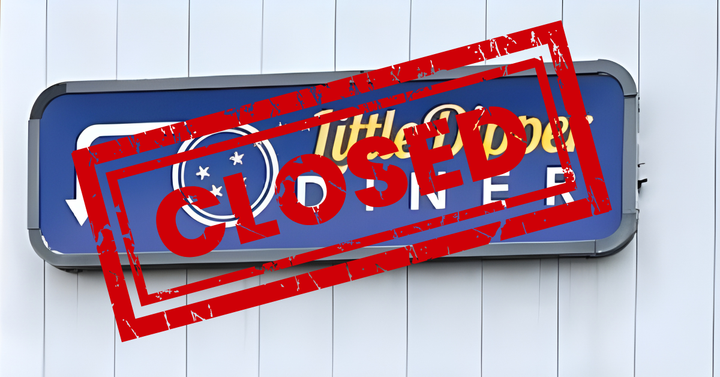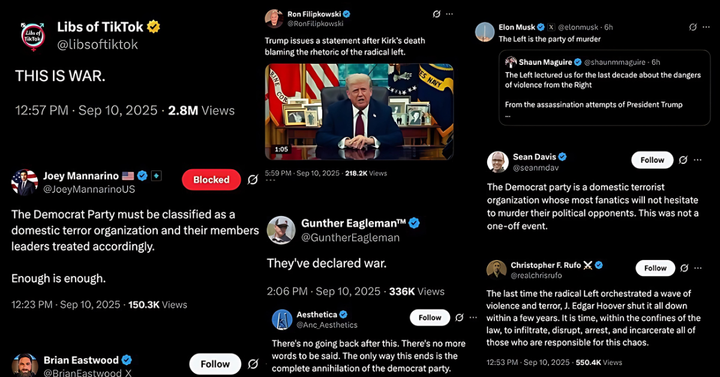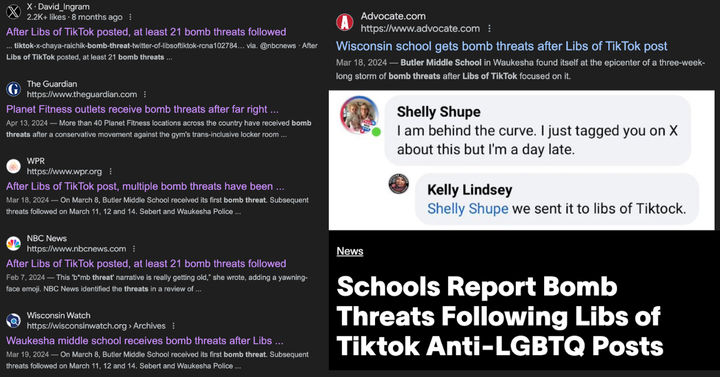Alarming Allegations About Bronson Mega Donor WEKA Medical Emerge
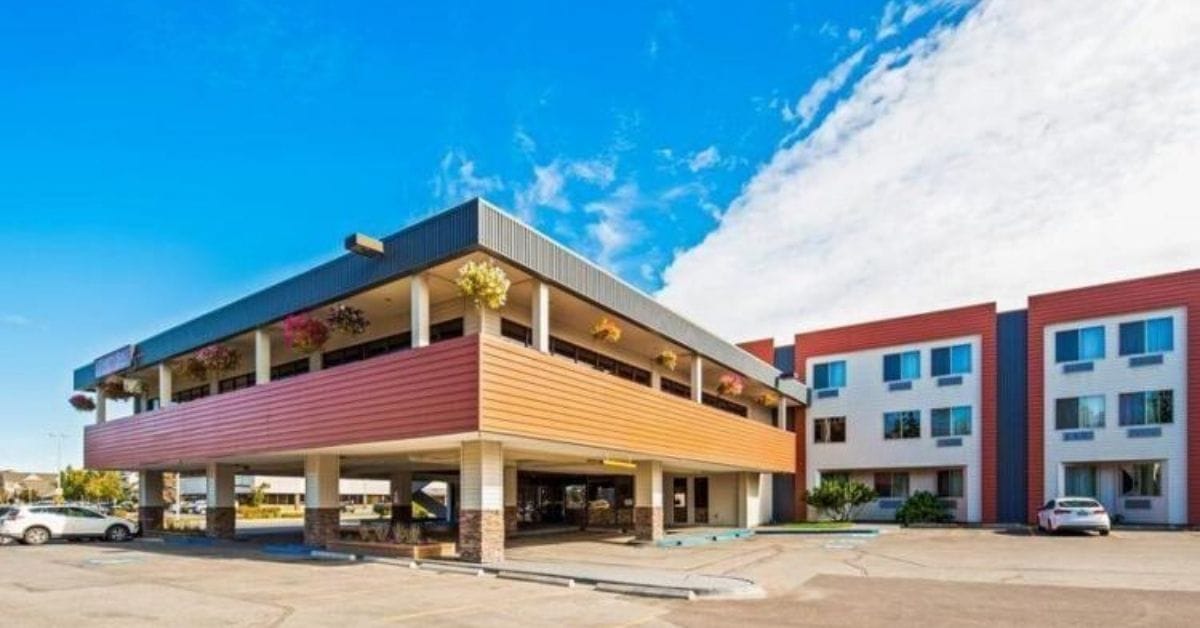
On March 23, I received an unsolicited email from David Horne, WEKA's former Operations Supervisor, who asked that I contact him about my March 21 piece detailing Assembly Chair Suzanne LaFrance's attempts to obtain information about the city's agreement with WEKA for the use of the former Golden Lion Hotel. Last October, Mayor Bronson announced that WEKA had secured a lucrative contract to provide COVID-19 vaccinations, testing, and monoclonal antibody (mAb) treatments at the former Golden Lion Hotel — a Municipality of Anchorage-owned property David Bronson previously promised to sell on day one of becoming mayor.
Through a series of exchanges, I learned that Horne had quit his job with WEKA, although he did not detail when his employment ended. When asked what specifically he wanted to discuss, Horne responded, "I would not like to discuss via email."
Six days later, on March 29, I received another email from Horne, who, as you remember, contacted The Blue Alaskan unprompted to inform me that he could not provide information about WEKA's operations as he had been required to sign a nondisclosure agreement. His email, however, offered this interesting line:
"I can tell you, that my resignation was in no way forced or coerced, it was something that I needed to do for my own personal beliefs and to stay in line with my own personal ethics and views on patient care and employee treatment."
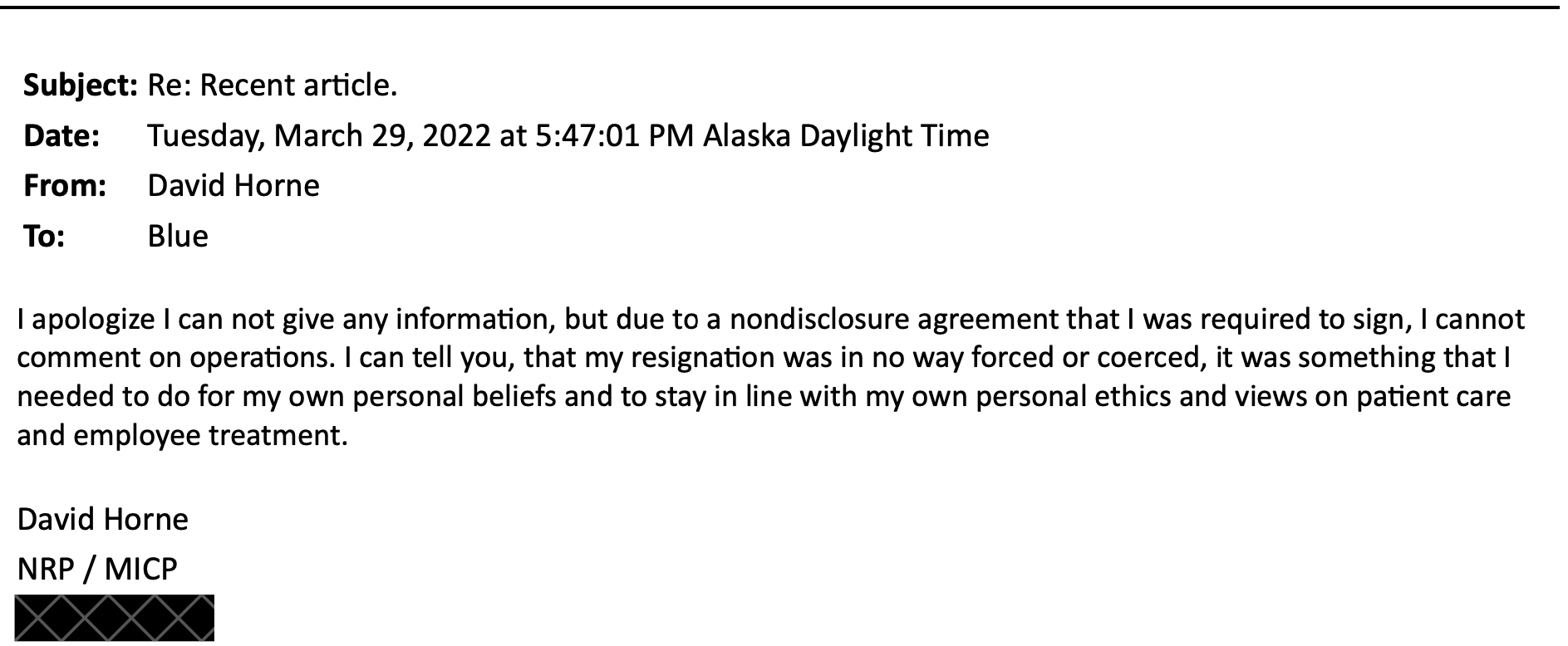
Horne's statement seems incredible in light of the additional information reported about WEKA last week, specifically that while the drug Evusheld is authorized as two shots in the hip, a WEKA "nurse" gave Anchorage resident Scott Selman the antibody by IV infusion. When his transplant team discovered what the WEKA "nurse" had done, they called and reprimanded WEKA. Per EndPoint News, a spokesperson for AstraZeneca said it was "concerning" that WEKA administered the drug by IV and referred Selman's case to the medical affairs team for investigation.
Since last fall, The Blue Alaskan has received numerous emails from private citizens, Anchorage-based healthcare workers, and municipal employees frustrated with WEKA. None of the individuals who contacted me wished to be publicly identified, many citing risk to themselves and/or their families, especially in light of the "gifts" that had been dropped at the doorsteps of healthcare workers last December by affiliates of Alaska COVID Alliance.
One of those individuals, an Anchorage physician, citing a lack of available monoclonal antibodies at alternative treatment sites at the time they became ill with COVID-19 earlier this year and in need of treatment, wrote that they had no alternative but to arrange treatment from WEKA and detailed their visit to the clinic in a 1,087-word email. They also provided a $550 receipt issued by WEKA for the monoclonal antibody treatment they received.
“When you show up there, you are told that everyone has to pay $550 up front because “the clinic is considered “out of network” for all insurance companies.” Your intake paperwork requires a credit card number and your permission to charge it for any fees, I guess I will see if my card gets charged anything in addition to the $550 up front. I thought they weren’t supposed to be charging for these services? They did say that I could file the receipt with my insurance company and be reimbursed – hopefully that is true."
Per the U.S. Department of Health and Human Services, the cost of monoclonal antibodies is separate from the cost of administering the antibodies. Because the federal government has purchased a supply of specific monoclonal antibody treatments, there is no cost to individuals for the monoclonal antibody products themselves; however, there may be costs incurred from the administration of the product.
A note previously available on WEKA's website stated that an individual's insurance normally covers monoclonal antibody therapy at 100% and that they billed insurance as a courtesy.
"If you have no deductible, your insurance should reimburse you via check," WEKA's notice stated.

The physician said that WEKA's ordering sheet for infusions included checkboxes for azithromycin, which does not indicate treatment for COVID-19, and wondered why the antibiotic was even included on the sheet.
While at WEKA for their antibody treatment, the physician alleged to have overheard a conversation between a WEKA employee and a woman attempting to convince her husband to get treatment. When the woman determined her husband wasn't going to change his mind, she began asking about "other treatments." Specifically, the woman is alleged to have asked the WEKA employee about possible treatment with hydroxychloroquine stating, "we still have some at the house; should we start taking it?"
According to the physician's description of the conversation, the WEKA employee allegedly told the woman, "I can't tell you whether to take it, and we aren't allowed to hand it out because it's not backed by the FDA, but if you look up the studies from Israel you'll learn a lot."
"The idea that a "medical facility" is handing out this dangerous misinformation is so incredibly frustrating. If they are not considering themselves a medical facility, they should just blanketly state, "I am not able to give you advice on any medical procedures,"" wrote the physician.
After being checked in and after a WEKA employee ran their credit card for $550, the physician said they were sent upstairs, where a different WEKA employee asked them pertinent travel and medical questions, which "seemed more professional."
The physician said they asked the WEKA employee tasked with administering their infusion whether they had Sotrovimab. The employee is said to have responded that she wasn't sure, allegedly stating that WEKA had three monoclonal antibodies on hand and just gave whichever was out being used. According to the physician, however, the WEKA employee was willing to check and brought out three sheets of sticky labels and asked the physician which drug they wanted.
According to the physician, one of the labels said bamlanivimab/etesevimab. Per the National Institute of Health, the distribution of bamlanivimab plus etesevimab was paused in the United States because both the Gamma (P.1) and Beta (B.1.351) variants have reduced susceptibility to bamlanivimab and etesevimab.
A second sticky label, the physician said, was labeled Regeneron. Last December, Regeneron Pharmaceuticals said the antibodies made by the company "have diminished potency against Omicron."
The third sticky label, according to the physician, was Sotrovimab — the drug the physician was looking to be treated with because data had shown the drug to be effective against the Omicron variant of the coronavirus, which at the time was estimated to be responsible for 95% of cases in the United States. The physician said that they chose the drug because they wanted the best possible drug protection so that they could continue to work and be productive.
All three monoclonal antibodies, referenced by the physician, previously appeared on WEKA's website.
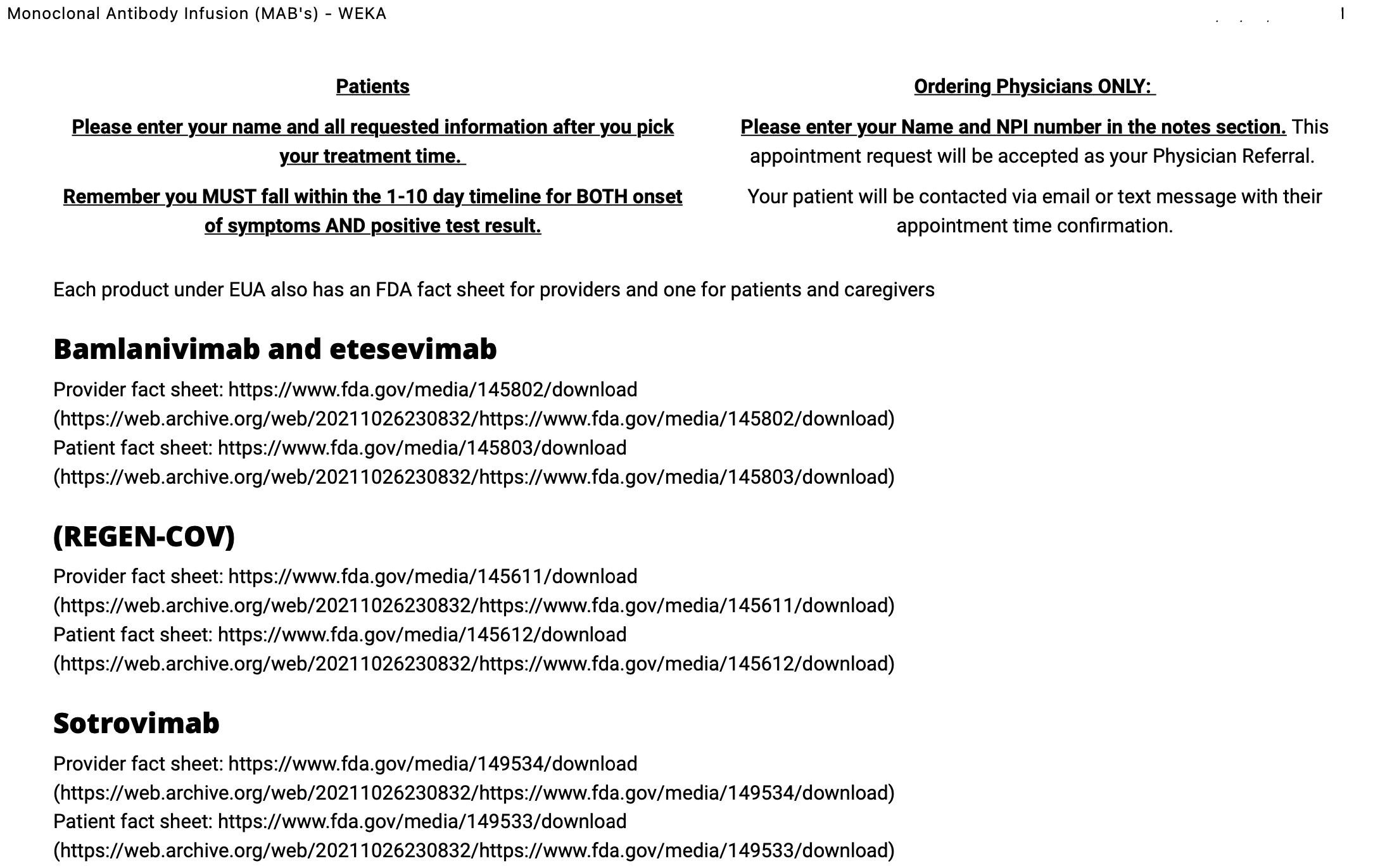
The physician closed their email with a summary of their personal impression of WEKA.
“It is my personal opinion that WEKA is masquerading as a medical facility, knowingly providing inadequate monoclonal antibody treatments for significant profit, excluding vulnerable community members from treatment due to up front costs (while living rent free in the building they are using), flagrantly disregarding precautions for patients who are there for prophylaxis, and offering COVID disinformation under the guise of medical advice. I hope that, as a community, we can find a better and more competent solution for these needed medical services so that our patients and physicians can trust that they will be delivered in a safe, effective, and equitable manner.”

According to a statement on WEKA's website, the clinic, citing a "decrease in need in our community for monoclonal antibody infusions," ceased providing monoclonal antibodies on February 25, 2022. According to EndPoint News, WEKA's February closure occurred just weeks after one of its "nurses" administered Anchorage resident Scott Selman's Evusheld treatment via an IV infusion instead of two shots in the hip.
But that's not all...
On December 29, 2021, an Anchorage resident emailed the Anchorage Assembly asking for changes to the Municipality's Coronavirus Response Hub, specifically that financial requirements and prices associated with receiving monoclonal antibodies be listed next to each clinic that provides the treatment option. An Anchorage resident sent an email to Anchorage Mayor David Bronson and the Anchorage Assembly in February, complaining that WEKA had refused to treat their sick mother because she could not afford WEKA's $550 treatment fee.
Other Anchorage residents publicly stated on social media that uninsured friends had borrowed money to pay for WEKA's monoclonal antibody treatment. Another alleged that during their visit to WEKA, the for-profit business was charging "everyone $550 upfront regardless of insurance" unless Medicaid covered individuals.
The Bronson administration has not responded to Anchorage Assembly Chair Suzanne LaFrance's March 14, 2022, request for information about the city's agreement with WEKA for the use of the former Golden Lion Hotel.
